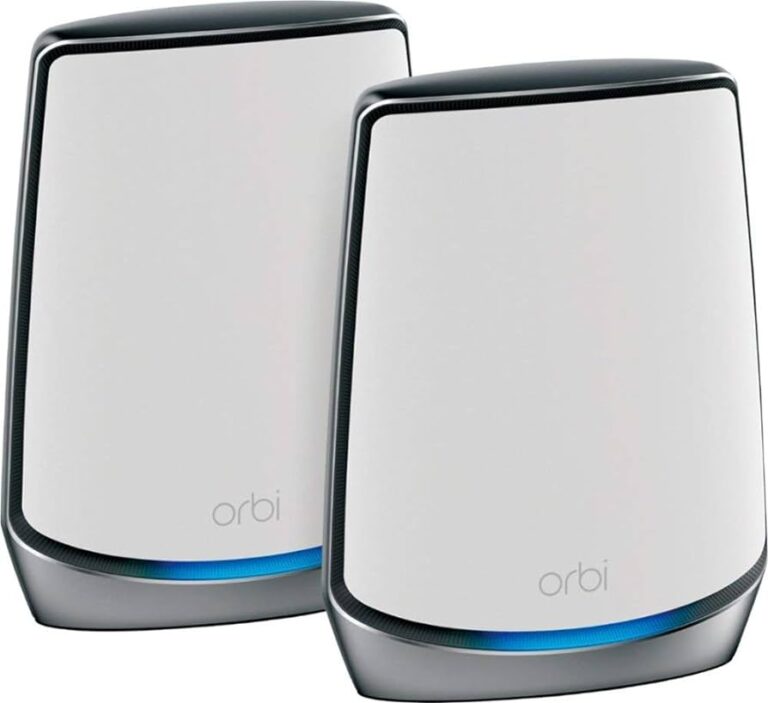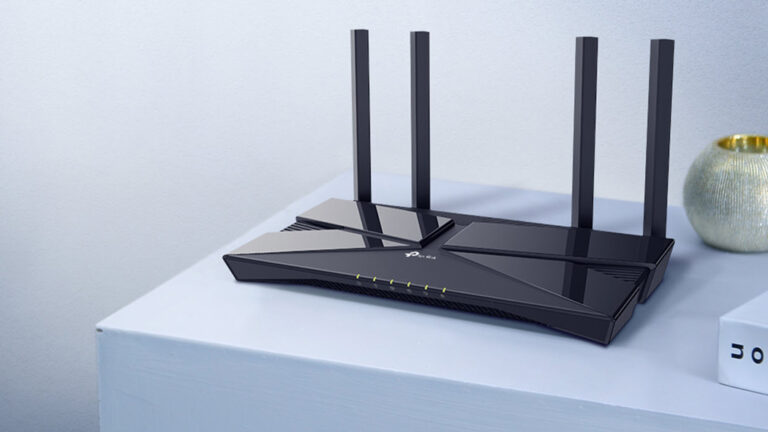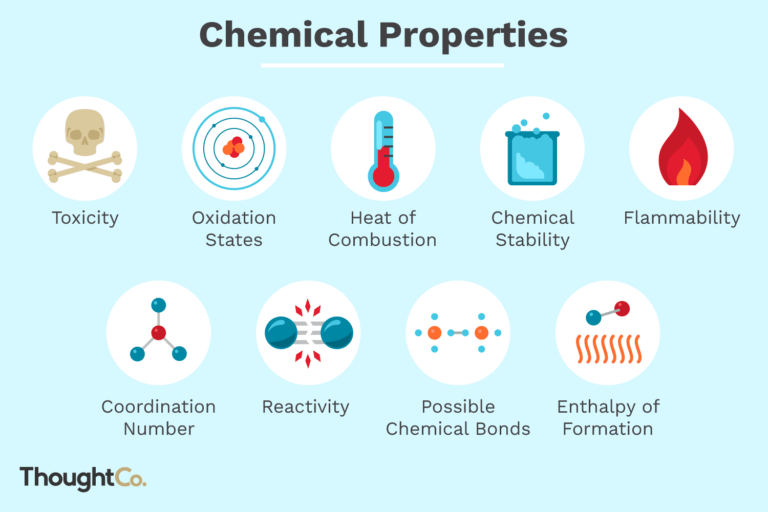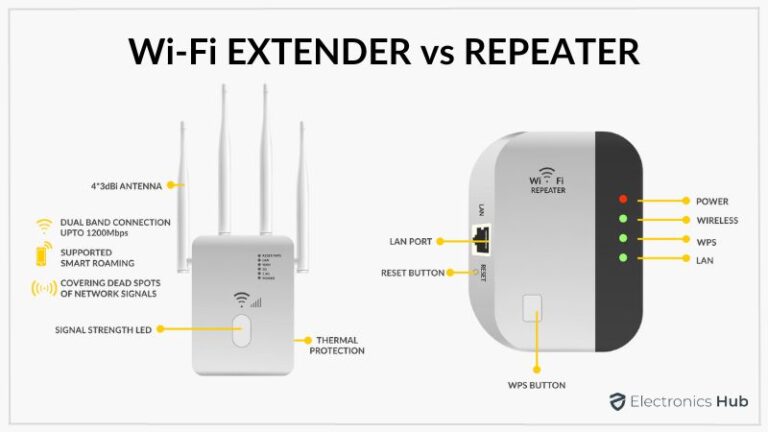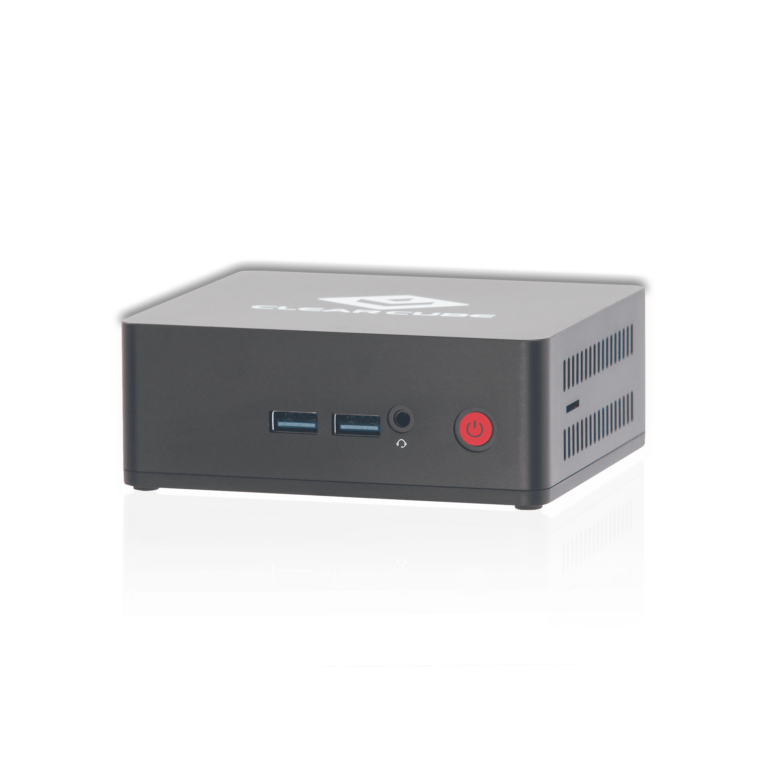How Fast Is WiFi?
WiFi is a wireless networking technology that has revolutionized the way we access the internet. It is now the most popular way to connect to the internet, with many people relying on it for everything from streaming movies to working from home. But how fast is WiFi? In other words, how quickly can you expect to access the internet using WiFi? The answer depends on several factors, including your internet service provider, the type of WiFi router you are using, and the number of devices connected to your network. With these factors in mind, WiFi speeds can generally range from 1 Mbps to 10 Gbps, allowing you to access the internet quickly and easily.
What Is WiFi?
WiFi, or Wireless Fidelity, is a type of technology that enables computers, laptops, tablets, and other electronic devices to connect to the internet without the need for cables. It works by using radio waves to send and receive data, meaning it is able to travel through walls and other physical barriers. WiFi has become an essential part of our lives, allowing us to work, communicate, and access the internet from almost anywhere. But how fast is WiFi?
The answer to this question depends on a few factors, including the type of WiFi network, the number of users connected to the network, and the distance between the device and the router. Generally speaking, the newer the technology, the faster the speeds. For example, the latest version of the 802.11 standard, called WiFi 6, is capable of speeds up to 10 gigabits per second (Gbps). That’s significantly faster than the previous standard, 802.11ac, which had a maximum speed of 6.9 Gbps.
The type of router and antennas used also play a role in determining the speed of the connection. Many routers now come with multiple antennas, which can offer higher speeds and better coverage. Additionally, the router’s processor and RAM can affect its performance. If you want to maximize your connection’s speed, investing in higher-end hardware can be a worthwhile investment.
Overall, WiFi speeds can vary greatly depending on the type of network, the number of users, and the hardware in use. While the latest standards can offer speeds up to 10 Gbps, older standards may be limited to speeds of up to 6.9 Gbps. With the right hardware, however, users can expect to enjoy fast and reliable connections.
The Evolution of Wi-Fi Speed
The world of Wi-Fi has come a long way since its inception. From slow dial-up connections to the lightning fast speeds we now enjoy, Wi-Fi has become an integral part of modern life. But how fast is Wi-Fi really? To understand this, we need to look at the evolution of Wi-Fi speed.
In the early days of Wi-Fi, the IEEE 802.11b standard offered speeds of up to 11 Mbps. This was a dramatic improvement compared to dial-up connections, but it was still quite slow compared to today’s standards. Over the years, the IEEE 802.11 standards have seen significant improvements in speed, with the latest 802.11ac offering speeds of up to 1.3 Gbps. This is more than 100 times faster than the original 802.11b standard.
In addition to the IEEE standards, Wi-Fi technology has also seen improvements in range. Early Wi-Fi networks had a maximum range of about 150 feet, but modern Wi-Fi networks can extend up to 300 feet or more. This has made it easier to connect multiple devices to a single Wi-Fi network.
The evolution of Wi-Fi speed has been a remarkable journey, and it shows no signs of slowing down any time soon. With the introduction of new technologies such as 802.11ax and Wi-Fi 6, we can expect to see even faster speeds and longer ranges in the near future. Whether you’re streaming HD videos or just browsing the web, the future of Wi-Fi looks very promising.
Factors That Impact WiFi Speed
WiFi is an essential part of modern life, allowing us to access the internet in a variety of places. But how fast is WiFi? To answer that question, we first need to understand the various factors that can impact WiFi speeds.
One of the most common factors is the type of router you are using. The speed of a router is determined by the number of antennas it has and the type of signals it can send and receive. Routers with more antennas and faster signal speeds tend to deliver faster WiFi speeds.
The distance between your router and the device you’re using to access the internet can also affect WiFi speeds. The further away the device is, the slower the connection speed will be. That’s why it’s important to place your router in a central location in your home or office.
The number of people connected to your router can also have an impact on WiFi speeds. If several people are connected to the same router, the overall speed of the connection will be slower than if only one person is connected to it.
Finally, the type of internet connection you have can impact your WiFi speeds. If you’re using a slow connection, your WiFi speeds will be slower. To get the most out of your WiFi, you should invest in a faster internet connection.
In conclusion, WiFi speeds can be affected by a variety of factors, ranging from the type of router you use to the type of internet connection you have. To ensure you’re getting the best speeds possible, you should consider investing in a higher quality router and a faster internet connection.
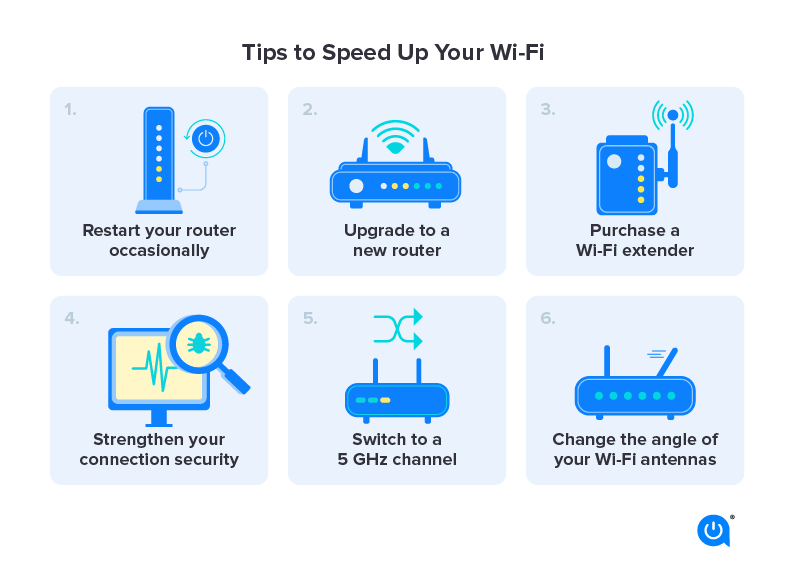
How to Improve Your WiFi Speed
WiFi has become a staple of modern life, allowing us to stay connected to the world in an easy and convenient way. However, the speed of your WiFi connection can determine how quickly you can access the internet, stream content, and stay connected. Fortunately, there are easy steps you can take to improve your WiFi speed and enhance your overall online experience.
First, you can improve your WiFi speed by upgrading your router. Newer routers use modern technology that allows them to connect faster and more efficiently to the internet. Additionally, you can try changing the location of your router. If the router is blocked by physical objects, or if it is placed too far away from your device, you may experience slower speeds.
You can also optimize your WiFi speed by changing your WiFi channel. Many devices, such as microwaves and cordless phones, can interfere with your connection, so changing the channel can help you avoid interference. Additionally, you can improve your WiFi connection by limiting the number of devices connected to it, as this can reduce the strain on your network.
Finally, you can improve your WiFi speed by using a signal extender or range extender. This device will amplify the signal from your router and allow you to enjoy a faster connection. All in all, these are just a few of the steps you can take to improve your WiFi speed and stay connected to the internet.
Mobile Data Speeds
vs. WiFi
WiFi has become an essential part of modern life, allowing us to stay connected to the world around us even when we’re on the go. We all know that WiFi can be faster than mobile data, but how fast is it really? It’s important to understand the difference between mobile data speeds and WiFi speeds in order to make the most of your internet connection.
Mobile data networks are designed to support a large number of users and devices, and speeds can vary based on the number of users connected to the network, the type of device being used, and the type of data being transmitted. Generally, mobile data speeds are slower than WiFi, but they can still be quite fast depending on the network and device being used.
On the other hand, WiFi speeds are often much faster than mobile data speeds because they don’t have to contend with the same number of users and devices. Additionally, WiFi networks are designed for high-speed data transfer, meaning that they can support more users and devices without compromising on speed.
Ultimately, the speed of your WiFi connection will depend on a variety of factors, including the type of router you’re using, the location of the router, the number of users connected to the network, and the type of data being transmitted. However, it’s important to remember that while WiFi speeds may be faster than mobile data in some cases, mobile data speeds can still be fast enough for most everyday tasks.
The Future of WiFi Speed
As technology advances, so does the speed of internet connections. WiFi is no exception. With the advancement of technology, WiFi speeds are becoming faster and more reliable than ever before. With the introduction of 5G and the advancement of WiFi technology, the possibilities for faster speeds are endless.
5G technology is the fifth generation of wireless technology and is capable of providing faster speeds than its predecessors. It is expected to provide speeds up to 10 to 20 times faster than current WiFi connections. With this speed, users can expect to be able to download large files in a fraction of the time.
WiFi technology is also advancing with the introduction of 802.11ac and 802.11ax standards. These standards provide improved range and better performance over previous generations. 802.11ax also provides additional features such as beamforming, which allows the router to determine which direction to send data in order to increase speed and reliability.
Overall, the future of WiFi speed looks to be incredibly promising. With the advancements of 5G technology and the introduction of new standards, users can expect to see faster and more reliable connections than ever before. This will allow users to experience more seamless streaming, faster downloads, and improved online gaming experiences.
FAQs About the How Fast Is WiFi?
Q1: What is the maximum speed of a WiFi connection?
A1: The maximum speed of a WiFi connection is typically around 1.3 Gbps (gigabits per second).
Q2: How can I get the fastest WiFi speed?
A2: To get the fastest WiFi speed, you should ensure that your router is up-to-date, use the latest WiFi standards (e.g. 802.11ac), and have a good connection with your ISP (Internet Service Provider).
Q3: What factors can affect the speed of my WiFi connection?
A3: Factors that can affect the speed of your WiFi connection include the distance from your router, the number of users connected to the same network, and the type of device you are using.
Conclusion
WiFi is an essential part of modern life, providing fast, reliable, and secure access to the internet. On average, WiFi offers download speeds up to 45 Mbps and upload speeds up to 20 Mbps, making it an ideal way to stay connected. With the right equipment, WiFi speeds can go even higher, providing a better user experience and allowing users to do more online. As technology advances, we can expect WiFi speeds to continue to increase and improve, making it an ever-more useful and versatile tool.

